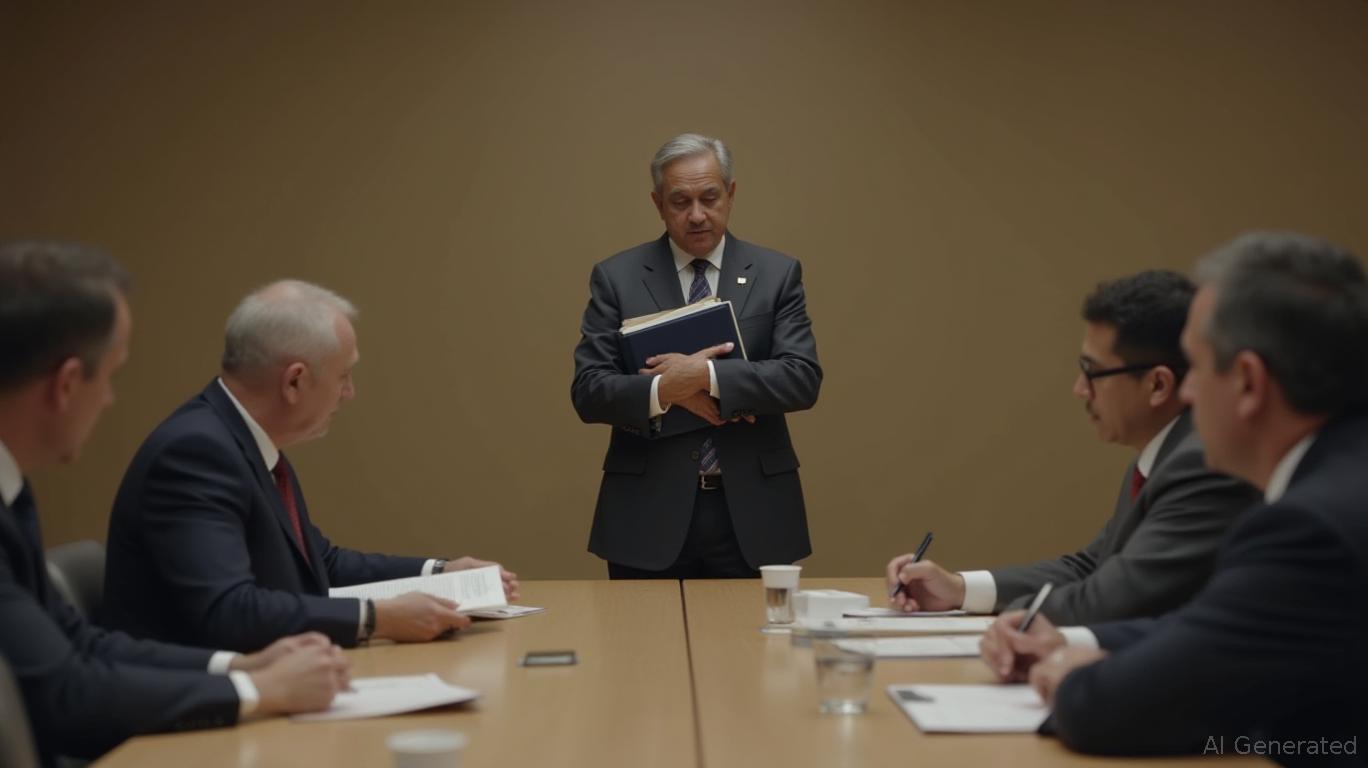El Salvador’s Bitcoin strategy, once heralded as a pioneering move to embrace cryptocurrency, is encountering mounting skepticism from international financial bodies and mixed reactions domestically. The government claims to continue daily Bitcoin purchases, asserting its commitment to the digital asset, while the International Monetary Fund (IMF) disputes this, arguing that recent transactions are internal wallet transfers rather than new acquisitions. This divergence has fueled uncertainty over the viability of the policy and its economic impact.
The government announced on July 24 that it had purchased an additional 8 BTC, pushing its total reserves to over $738 million. However, the IMF countered that these transactions did not involve fresh purchases but rather the redistribution of existing holdings between wallets. The fund emphasized that such activity creates the illusion of growth in Bitcoin reserves without actual market engagement. “The data does not reflect new acquisitions,” an IMF statement noted, adding that the national Bitcoin wallet system often lacks real-time accuracy, complicating transparency efforts [1].
Public sentiment remains divided. A 2024 survey revealed that 80% of Salvadorans feel Bitcoin has not improved their financial conditions, despite the government’s assertions of progress. Critics argue that the policy primarily benefits the state rather than citizens, as public education and adoption initiatives have stalled. Quentin Ehrenmann of NGO My First Bitcoin highlighted this disconnect, stating that post-IMF deal adjustments have rendered Bitcoin optional and restricted its use to limited government functions. “The government’s focus on growing its own reserves overlooks the original vision of empowering individuals,” he said [2].
The IMF’s conditional loan agreement, tied to reforms of Bitcoin-related policies, has further constrained the government’s approach. Under the terms, El Salvador agreed to curtail large-scale Bitcoin purchases and revise adoption strategies to align with economic stability goals. A newly passed bill, part of this agreement, mandates a shift toward balancing innovation with fiscal discipline. While the government has not publicly responded to the IMF’s criticisms, it has emphasized its long-term Bitcoin ambitions, including partnerships with private entities to develop infrastructure [3].
Local efforts to integrate Bitcoin persist in pockets of the country. In the town of Berlin, residents continue using the cryptocurrency for daily transactions, such as trading coffee, and some entrepreneurs have adopted it as a hedge against inflation. However, broader adoption remains limited, with many businesses opting out of mandatory Bitcoin acceptance requirements introduced in 2021. Analysts caution that the diminishing returns of new Bitcoin purchases may weaken the strategy’s effectiveness, particularly as global crypto markets remain volatile [4].
The government’s Bitcoin Office maintains that its daily purchases—averaging one BTC—signal continued confidence in the asset. Yet, the IMF’s scrutiny of internal transfers and the lack of tangible economic benefits for citizens have raised questions about the policy’s sustainability. John Dennehy, a financial analyst, described the recent activity as “misleading,” emphasizing that wallet movements do not equate to genuine investment. “Without clear oversight and public engagement, this strategy risks becoming a symbolic exercise rather than a transformative one,” he added [1].
As El Salvador navigates this crossroads, the outcome of its revised approach will likely shape the global perception of cryptocurrency’s role in national economies. The IMF’s push for fiscal caution contrasts with the government’s optimism, creating a delicate balance between innovation and stability. With public support waning and international pressures intensifying, the path forward remains uncertain, leaving the future of El Salvador’s Bitcoin experiment in flux.
Source:
[1] [El Salvador’s Bitcoin Strategy Faces Doubts Amid IMF Pressure and Mixed Signals] [https://coinpedia.org/news/el-salvadors-bitcoin-strategy-faces-doubts-amid-imf-pressure-and-mixed-signals]
[2] [El Salvador’s Bitcoin reserves have had minimal effect on citizens…] [https://m.economictimes.com/crypto-news-today-live-26-jul-2025/liveblog/122911908.cms]
[3] [El Salvador Revises Bitcoin Strategy…] [https://www.kulipa.xyz/blog]
[4] [El Salvador’s Bitcoin Strategy Faces Doubts Amid IMF Pressure and Mixed Signals] [https://bitscreener.com/crypto-news]

